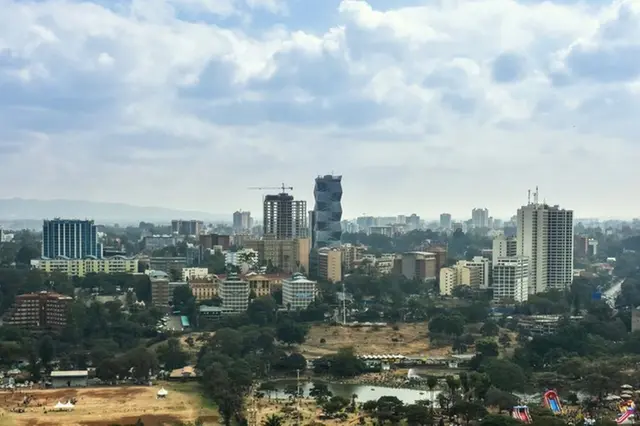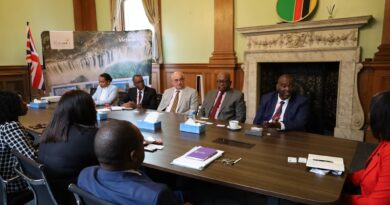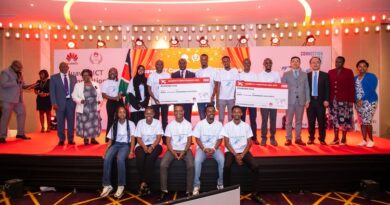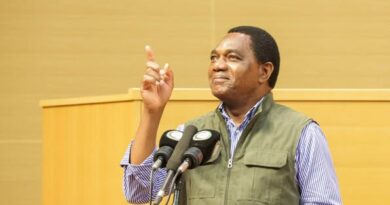Kenya’s Ruto Calls for Overhaul of Global Credit Ratings at TICAD9
Kenyan President William Ruto has renewed his criticism of the way international financial institutions assess Africa’s creditworthiness, saying the current ratings framework undermines the continent’s economic progress.
Speaking at the plenary session of the 9th Tokyo International Conference on African Development (TICAD9) in Yokohama, President Ruto argued that Africa continues to face unfair restrictions in accessing global financing.
“The current global credit rating system often overlooks Africa’s unique economic realities, unfairly penalising our countries during periods of global distress. This must change,” he said.
The President has made financial reform a central theme of his international engagements, pushing for systemic changes in how developing economies are assessed. According to him, negative ratings trap African nations in expensive debt cycles and hinder their ability to address poverty and drive growth.
A day earlier, Kenya signed a Statement of Intent on the Samurai Bond with Nippon Export and Investment Insurance, marking the country’s debut in Japanese capital markets. The yen-denominated instrument is part of what Ruto described as a “leap forward” in Kenya’s pursuit of innovative financing.
“This engagement highlights our commitment to broadening financing options to accelerate priority projects that will shape Kenya’s economic future,” he said.
Ruto also endorsed calls for the establishment of an African Credit Rating Agency, to complement broader reforms in global financial architecture. “Progressive reforms are essential to unlock affordable, predictable, and sustainable financing for development,” he noted.
Beyond finance, the Kenyan leader urged African nations to strengthen regional trade. He cited United Nations Conference on Trade and Development (UNCTAD) data showing that less than 18 per cent of Africa’s exports remain within the continent, compared with more than 60 per cent in Europe and Asia.
“Africa must trade more with itself to unlock the vast potential of our markets, open rivers of opportunity for our people, create wealth, and drive inclusive prosperity,” Ruto said. He added that under the African Continental Free Trade Area (AfCFTA), intra-African trade could rise by up to 50 per cent by 2035, generating millions of jobs and expanding opportunities for small and medium-sized enterprises.
Ruto also highlighted agriculture as Africa’s greatest untapped sector, pointing out that it employs over 60 per cent of the population and contributes nearly a quarter of GDP. He called for greater investment in rural infrastructure, technology, and farmer financing to transform the industry into a “powerful driver of industrialisation, job creation, and shared prosperity.”
On the sidelines of TICAD9, Kenya signed a Letter of Intent with Japanese pharmaceutical company Shionogi & Co Ltd to boost access to Cefiderocol, a critical antibiotic for treating bacterial pneumonia. The agreement, supported by the Global Antibiotic Research and Development Foundation, aims to improve the supply of life-saving medicines in Kenyan hospitals.
Additionally, the Kenya Industrial Research and Development Institute (KIRDI) entered into a cooperation agreement with Japan’s Ministry of Economy, Trade and Industry to promote skills development and technology transfer in industrial innovation.
Japanese Prime Minister Shigeru Ishiba also proposed the creation of the Economic Region Initiative of Indian Ocean–Africa, a trade bloc expected to enhance cooperation and accelerate growth between the two regions.



